One hundred years ago, Kasimir Malevich, Alexei Kruchenych, and Mikhail Matyushin got together to stage a futurist opera called "Victory Over The Sun." The Russian icons -- the first a painter, the second a playwright and the third a composer -- created a whirlwind of disciplinary voyeurism, visual art flying in the face of avant-garde music and literature, that later came to be known as the first piece of performance art in the country.
With groundbreaking set designs and absurd lyrics, the 1913 ode to technological possibilities puzzled and even infuriated audiences in St. Petersburg, going down in history as one of the most critically lambasted works of art. Fast forward a century, and that very opera has sparked another first -- Russia's first comprehensive conference on performance art.
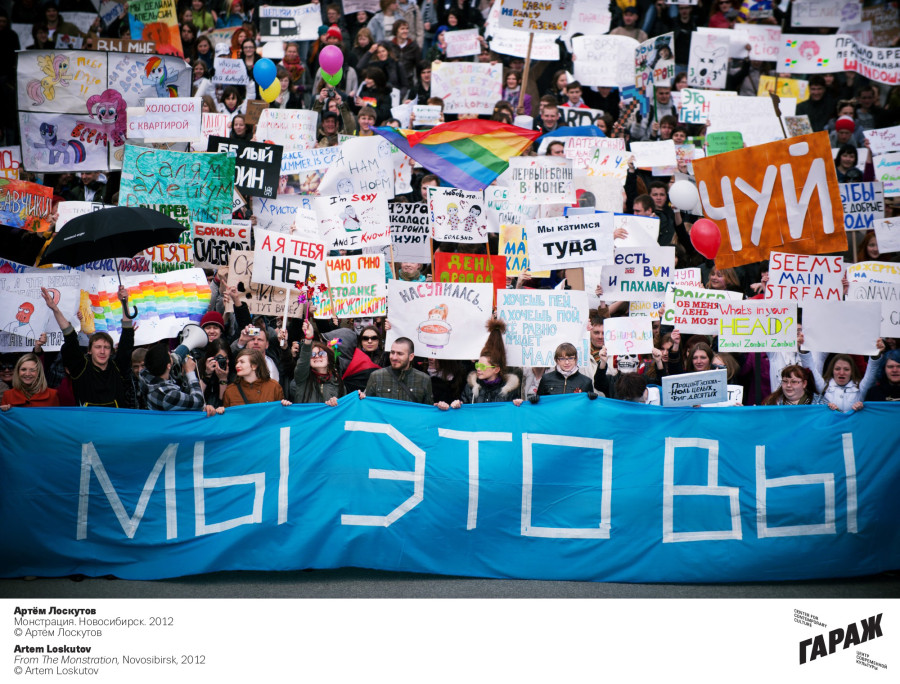
Hosted by Moscow's Garage Center for Contemporary Culture, the event seems at home in a country that's brought the genre to the forefront of mainstream news. Who could forget the balaclava-clad women who took punk protest to the alters of an Orthodox church, or the stomach-churning antics of a man willing to nail his testicles to the cobblestone in Red Square.
"Performance Art: Ethics in Question" will take over the Gorky Park location of Garage, Dasha Zhukova's art hub dedicated to exploring and documenting the evolution of contemporary culture in Russia. The conference asks the broad questions -- How did we get from Malevich to Pussy Riot, and what happened in between? -- to the nitty gritty nuances of a realm most of the world, let alone conservative populations in Russia, misunderstands. "How does an artistic action become a personal ethical experience, and how can this experience be shared with an audience?" the Garage website asks.
"We decided we wanted to bring together the key concerns in performance art, so it became 'Ethics in Action.'" said Garage's Chief Curator Kate Fowle in a phone interview. "It came out of longstanding research dating back to 2010 on what performance means in Russia. We've explored this in a number of ways. We had a festival of 10 performances in 10 days by international and local artists, round tables and more recently a big exhibition on performance art."
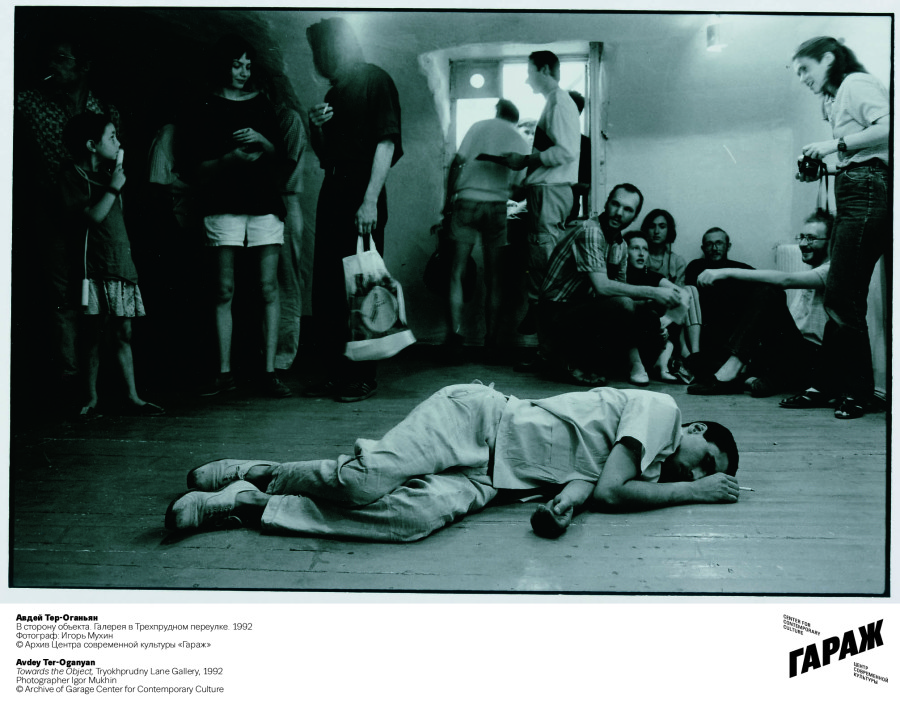
The conference will take place roughly on the 100th anniversary of Malevich's operatic explosion, gathering together established and emerging figures alike, not just from Russia but from countries like Brazil, Angola, Croatia, the United States and Greece. New York's own performance art nurturer, Performa's Roselee Goldberg, will be on deck, helping to parse out the historical trajectory of performance art in Russia and the worldwide trends that have proliferated beyond. Focusing on the radical experiments of the early 20th century avant-garde to today, the conference hopes to shed light on those largely undocumented figures who have contradicted convention in the past as well as present.
"We wanted to look at the ways in which artists have been able to comment on social and cultural issues over the years, in the most immediate ways. In ways that access an audience very quickly," Fowle explained. "Back in the 1970s or 1990s, when a lot of performance artists were emerging, there was no social media. The ways in which people found about these performances was so different. Now there are a number of artists who, if they do something virally, they’ll get attention in 10 seconds. It's very very different, so what does that mean?"
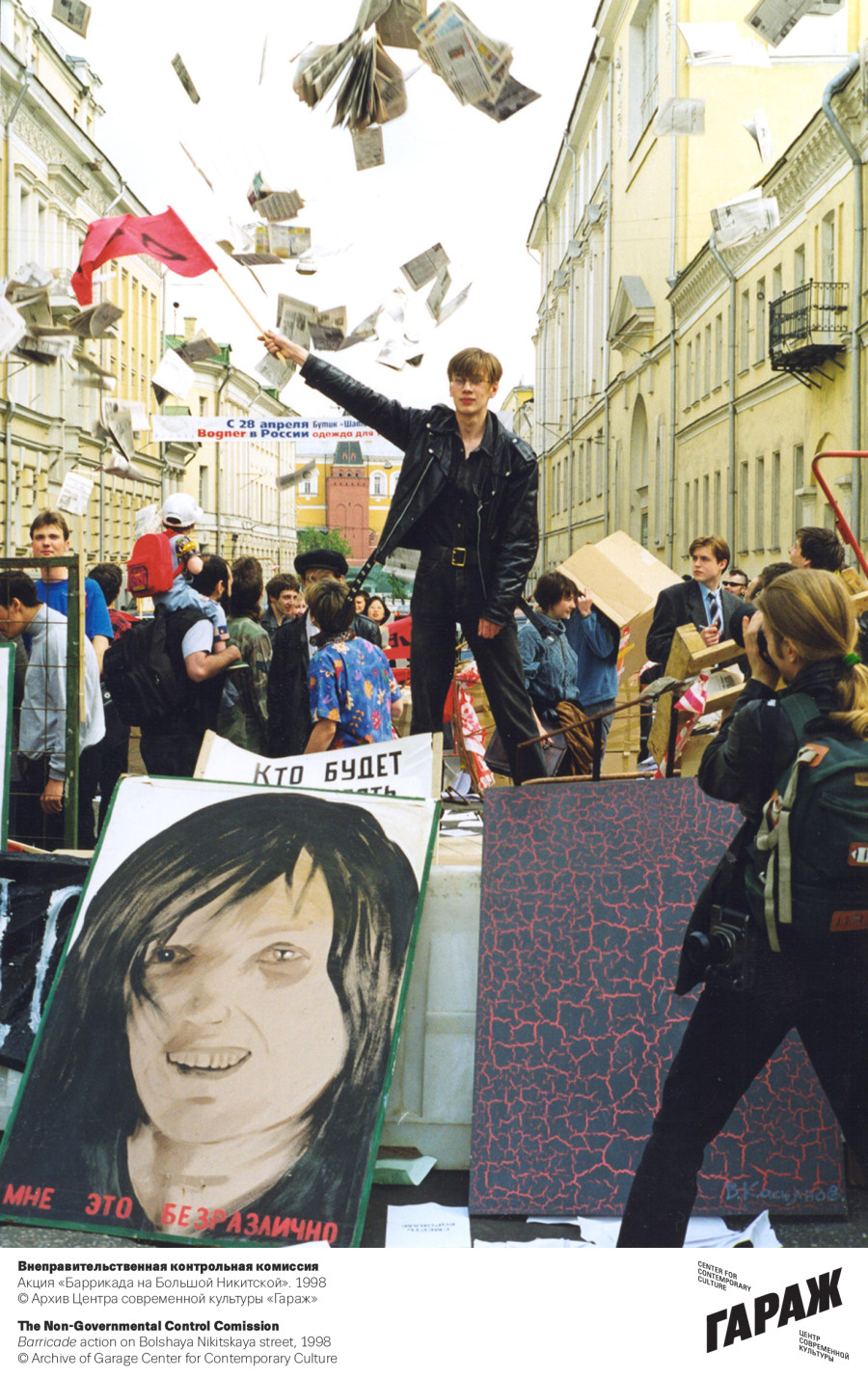
Of course, social and cultural commentary can fall swiftly into political dissent in a country plagued by controversial laws hindering self-expression. Politics and performance art seem to be the kissing cousins of contemporary Russian society, with some figures identifying strongly as activists first and artists second (or perhaps sixth or seventh in terms of the the labels they choose to uphold). Others lean toward the contemporary art camp, remaining actively uninterested in the concept of activist as an identity.
"Some people say being an activist is simply a state of mind and being an artist is something you choose," Fowle theorizes. "We want to figure out what language we can use to talk about the differences. But both performance [and activism] deal with issues that pertain to the everyday. This directness is what makes something an art form."
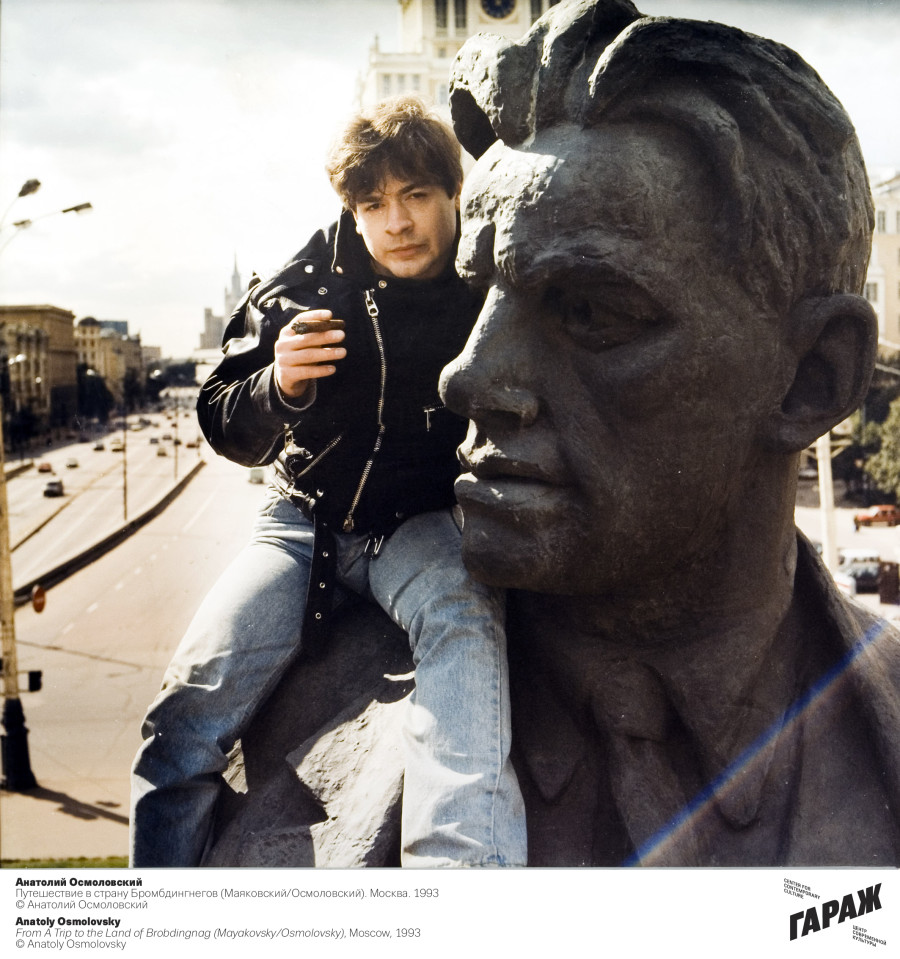
"Ethics in Action" kicks off this week, with lecturers and live performances beginning on December 12. The expected audience for the conference is estimated to number at around 1,200 people -- a relatively impressive assembly for a debut performance art celebration. While Fowle credits social media for aiding the public's reinvigorated appetite for performance art, she's appropriately cautious of the fact that not everyone in Russia is ready for a performance revolution.
"It depends which public we're talking about. The educated art audiences -- yes. But one of our big jobs at Garage is to build audiences and expand the types of publics that are talking about and engaging with artists. Something like 1,200 people have responded saying they are coming to our conference. There’s a hunger and interest to be part of some kind of discussion. What that means exactly or what that will lead to, I don’t know."
"I do know that there was a concern a performance art conference wouldn’t be popular," she added. "I think 1,200 people is great."
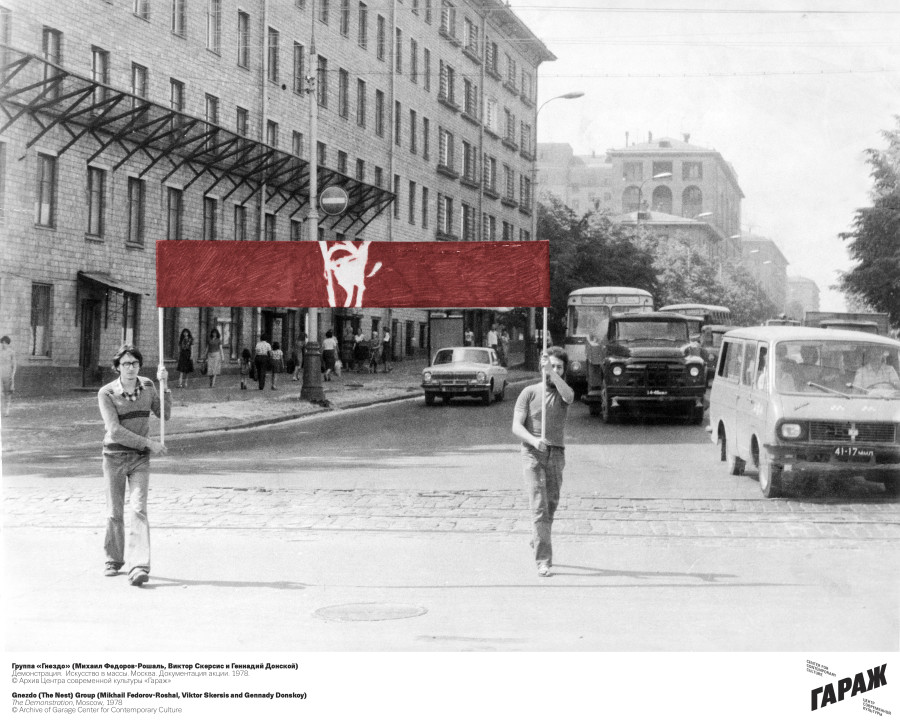
"Performance Art: Ethics in Action" will run from December 12 to December 14, 2013 at the Garage Center for Contemporary Art. To learn more about the participating speakers and see a complete conference program, check out the conference website here.